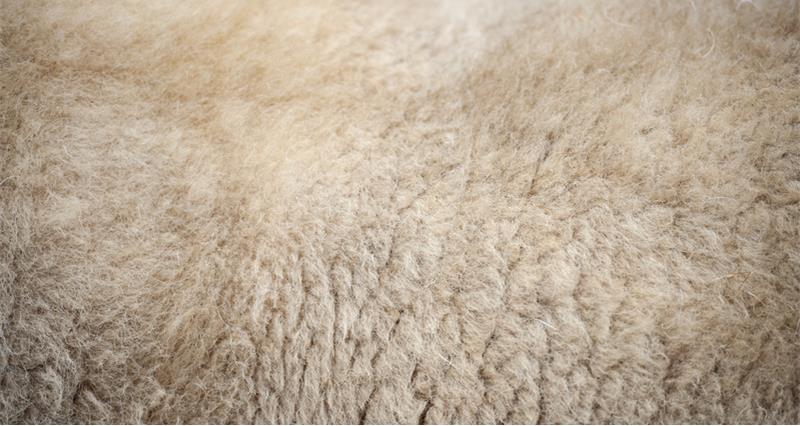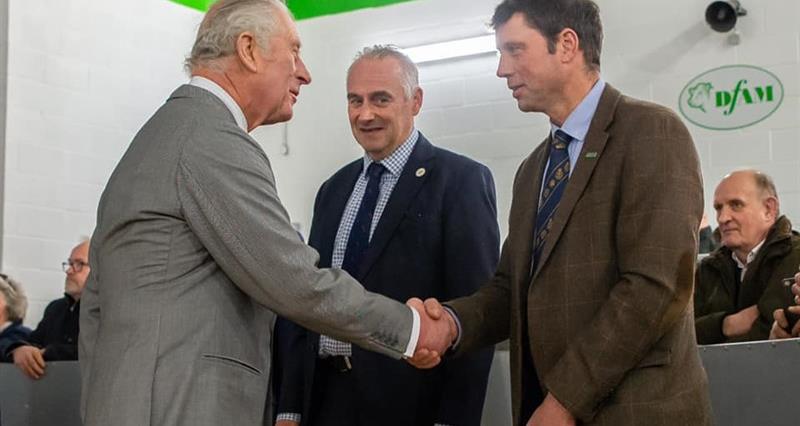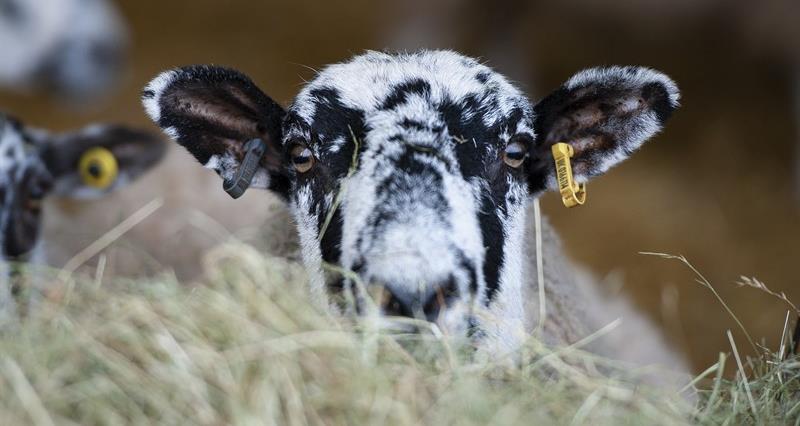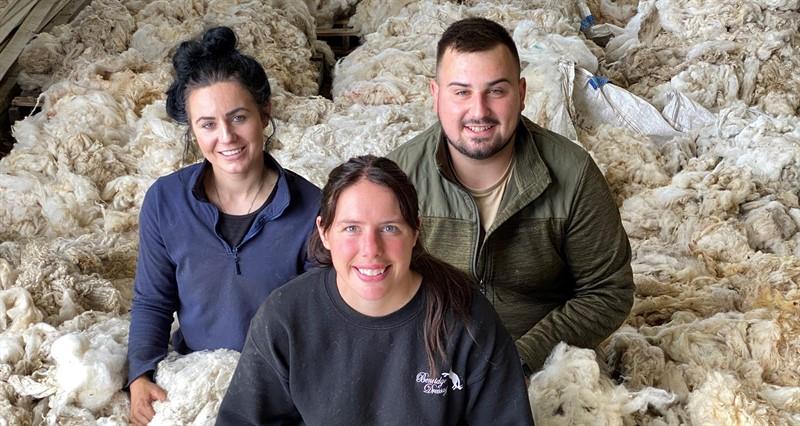The review was carried out by Defra with the aim of evaluating British Wool's operations and its relationship with government.
It found that British Wool is 'vital' to the success of the sector and highlighted the important role the organisation plays, particularly for those with smaller flocks and in remote rural areas.
Changes are 'critical' for financial stability
NFU Livestock Board chair Richard Findlay described the review as “positive”, citing the recommendations for restructuring the business and changes to the board appointment process as “critical to achieving financial stability”.
“We also recognise that the financial arrangements required have hampered British Wool and the proposals to introduce some flexibility in managing the reserve fund is long overdue,” he said.
The review produced three key recommendations which include:
- clearer structures and reporting and communication arrangements between HMG and British Wool
- a review into the organisation’s financial arrangements
- amendments to the 1950 order to be brought forward by British Wool.
The review recognises that British Wool is self-funded and has sufficient operating independence to be considered as separate from government.
“It is positive that the review recognises the need to restructure the business, and with changes to the board appointment process these will be critical to achieving financial stability.”
NFU Livestock Board chair Richard Findlay
A challenging market
Referencing the “challenging global market” producers are currently facing as the industry recovers from the impact of the pandemic, and competition with other fibres, Richard emphasised how British Wool continues to provide guaranteed collection, and “aims to achieve the best possible price for its members”.
“The precautionary approach to move British Wool out of the public sector will allow it to continue to innovate, promote and market wool for the long-term benefit of British sheep producers,” he concluded.
You can read the report in full at:
What do British Wool do?
British Wool is owned by around 35,000 sheep farmers and works to collect, grade, market and sell British Wool on behalf of its members.
Find out more at:




